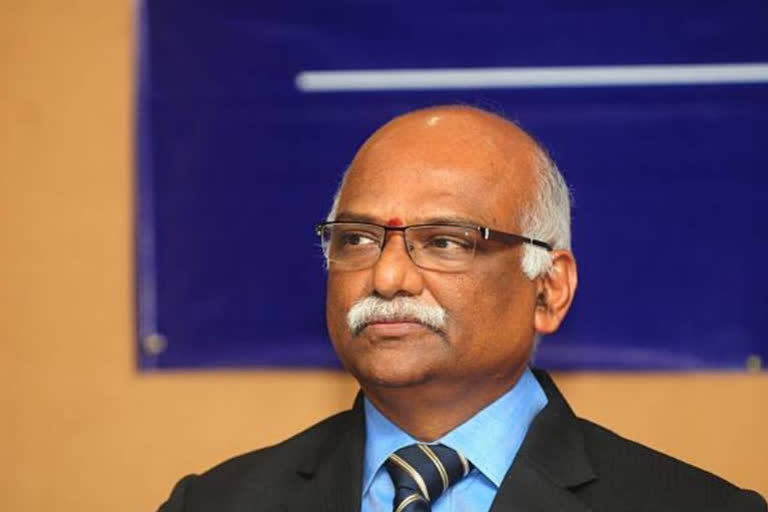Hyderabad: No one, including mobile app-based lenders, should violate the human rights and dignity of the person for recovery of loans, said a top banker to ETV Bharat.
“I do not want to call it a trend but we do hear that some apps or app providers have gone beyond the prescribed way of recovery,” said R Gandhi, former deputy governor of the Reserve Bank of India.
On Wednesday, India’s banking sector regulator cautioned the general public on the risks of borrowing money from unauthorised digital lenders and mobile apps in the name of quick and easy loans.
“There have been reports about individuals, small businesses falling prey to the growing number of unauthorised digital lending platforms, mobile apps,” said the RBI.
The banking sector regulator also referred to the reports of excessive rates of interest, hidden charges, use of unacceptable and high-handed recovery methods, including the misuse of user’s mobile data by some of these players.
In response to a question by ETV Bharat, R Gandhi said some of these lenders have violated the basic principles of dealing with the customer’s dignity.
“This is disturbing,” he told the audience in a programme organised by Mumbai based fintech firm EPS India.
“Nobody should violate the standard principles of recovery. They have to respect the dignity of the borrowers,” said the banker. “The means adopted by them will have to be humane.”
India has seen a proliferation of mobile app-based digital lending platforms in recent times, particularly in the last one year or so as the Covid-19 pandemic not only pushed the use of digital payments but large scale job losses in both formal and informal sectors pushed people to the brink.
These mobile-based lending platforms offered quick and hassle-free loans on the basis of biometric digital identifications like Aadhaar, a photo and a linked mobile number, among other things.
A search on Google’s mobile app store, Google Play throws up hundreds of instant loan mobile apps. While some of them belong to some established players, most of them have mushroomed in recent times with dubious track-record.
In its warning, the RBI referred to the high-interest rates and hidden charges as these companies took advantage of a lack of awareness among the masses about their predatory practices.
These app-based lending platforms have been accused of using strong-arm tactics and harassment of the poor people to recover the small loans in a stark reminder of the micro-financing crisis in Andhra Pradesh ten years ago.
Andhra Pradesh microfinance crisis
In 2010, more than 80 borrowers either committed suicide or died due to stress in Andhra Pradesh alone as they were harassed by the private micro-finance companies dubbed as loan sharks.
As per some industry estimates, nearly one-third of 3 crore micro-borrowers were there in the state, including a large number of women borrowers.
R Gandhi said if things go down the same path then it will have serious repercussions for the digital lending industry.
“If they cross the line here, it can recreate the problem which had happened in Andhra Pradesh 10 years ago,” Gandhi told ETV Bharat.
Gandhi cites similarities between the two situations as in both the cases, the loan size was small, loans were readily available and borrowers were often from poor and marginalized backgrounds.
“It is liberally available at the right moment when borrowers need it but that does not mean that they (app-based lenders) can take borrowers far granted for any kind of treatment,” added the banker.
“The App-based lenders will have to revisit the methods that they have adopted for the loan recovery,” he observed.
RBI Sachet
Alarmed with the reports of unfair lending practices and high-handed methods of recovery, the Reserve Bank asked the public to report such loan apps at its Sachet portal and also to other police agencies.
RBI also advised the public not to share their KYC documents (Aadhaar, PAN, Voter ID card etc) with unauthorised persons.
Read: Culture of risk aversion may derail Modi's Rs 3 lakh crore booster shot for SMEs



